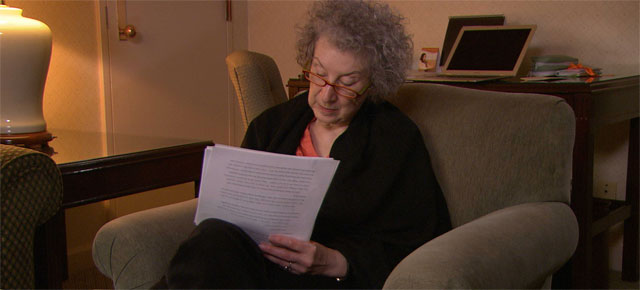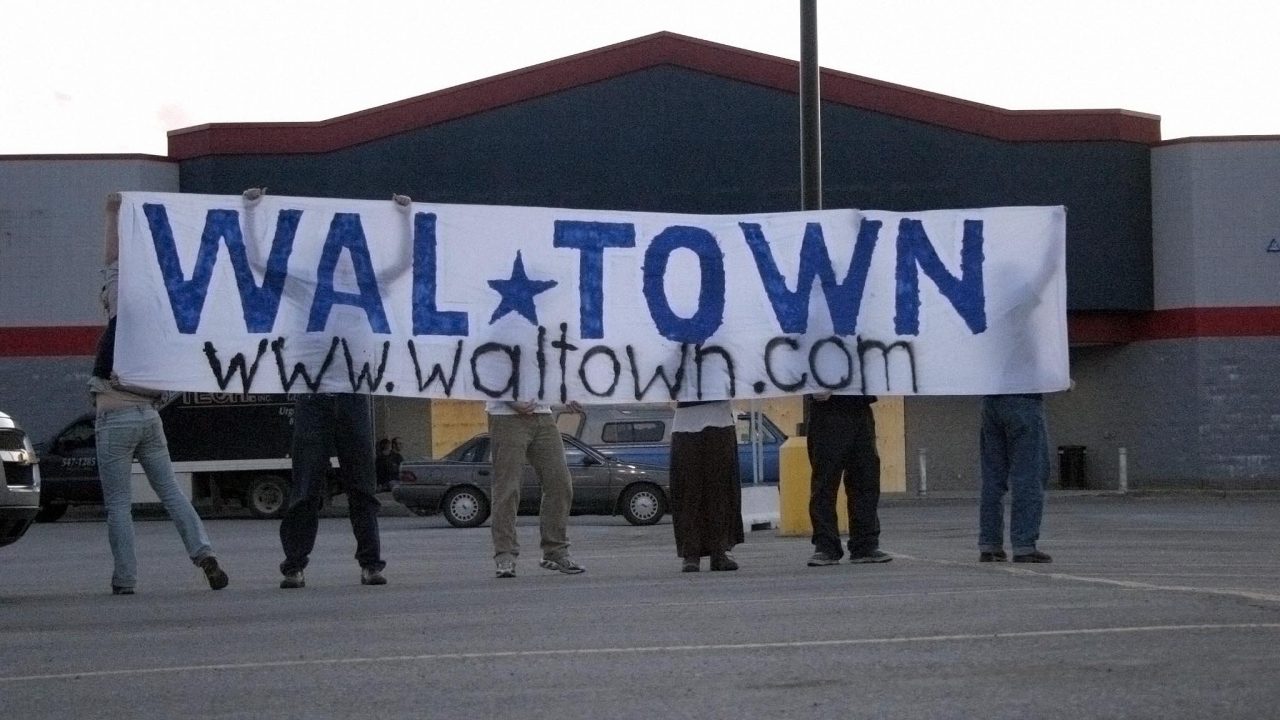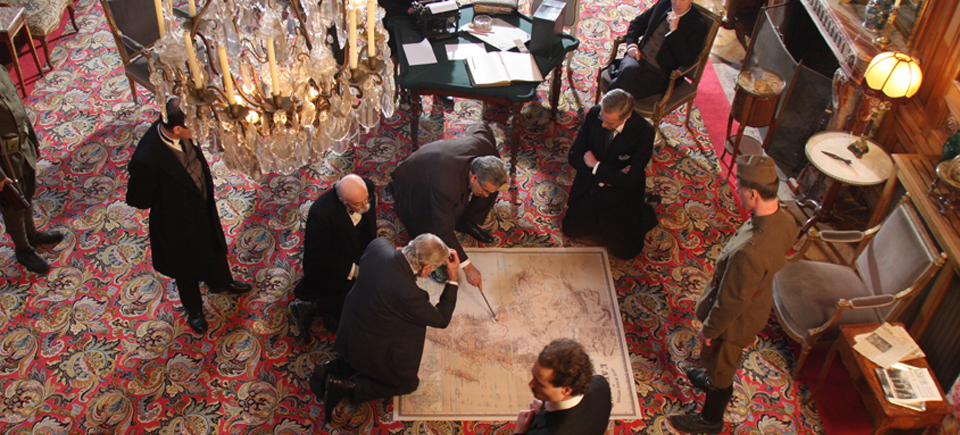
Payback, the latest doc from Jennifer Baichwal, opens Friday, March 16
Payback, the latest doc from Jennifer Baichwal, opens Friday, March 16
The above photo was taken from the film Payback, which opens in Canadian theatres on Friday, March 16.
***
Did you know there’s a man in Albania who hasn’t left his home in almost 10 years? He’s been forced into confinement as a result of an episode with a neighbour – a land dispute, to be exact. Llesh shot his neighbour Petrit, and according to the Kanun code, which is still followed in Albania, Petrit has the right to take Llesh’s life.
The Kanun code states that if a person is injured, killed or shown a horrifying lack of respect in public, that person (or a member of their family) has the right or obligation to seek revenge by killing the offender. The only exception to this is that the victim is not allowed to enter the home of the offender to carry out the killing.
“[Llesh] shot me,” says Petrit. “That’s why he owes me.”
This scene opens the film Payback, Jennifer Baichwal’s latest feature documentary. Based on Margaret Atwood’s book of the same name, the film looks at debt in its many incarnations – economic, cultural, criminal, spiritual and environmental. One thing it’s not about is money. In talking about the film, Baichwal says:
The first thing I learned, which was a great relief, is that the book wasn’t about money… What it was about was the idea of debt – a fantastic, complex riff on all the ways we are governed by owing and being owed in human society and beyond. ‘I owe you one.’ ‘You owe me one.’ And so on.
In that vein, Payback explores the situation of the Coalition of Immokalee Workers, an organization of farm workers in Florida who advocate for farm workers’ rights and fight modern slavery practices in the tomato growing industry. It looks at the case of Conrad Black, former media mogul, who was convicted of diverting company funds for personal benefit. It also examines the circumstances that surrounded the BP oil spill and takes a critical look at the effectiveness of our justice and prison systems.
In order to facilitate the conversation, Payback features the prominent voices of modern-day thinkers like Raj Patel (activist/academic), Louise Arbour (President/CEO, International Crisis Group) and Karen Armstrong (scholar/journalist), among others. It’s a big film that tackles big subjects, and it’s timely coming on the heels of the Occupy movements that have swept the country over the past months. The themes of social justice and equality are strong throughout, and once again, Jennifer Baichwal has created a film that’s also simply beautiful to look at.
Payback in theatres this Friday
Starting this Friday, the film will be playing in theatres in Montreal, Toronto and Vancouver. Keep an eye on Cinema Clock, where all the information will be posted later this week.
In the meanwhile, you can watch the trailer here:




Would have helped if Rees and Karen Armstrong and a few more were identified. It felt a bit clubby and had far too many lingering shots of the prison, the sea,the prison, the sea etc. However want to know what happent to Albanian family.
Why is Conrad Black in this film?
@Karani – The Conrad Black story deals with how people in our justice system pay back their debt to society, and looks at the question of whether that debt can be repaid. You can see a clip to get a better idea: http://www.nfb.ca/film/payback_conrad_black/.